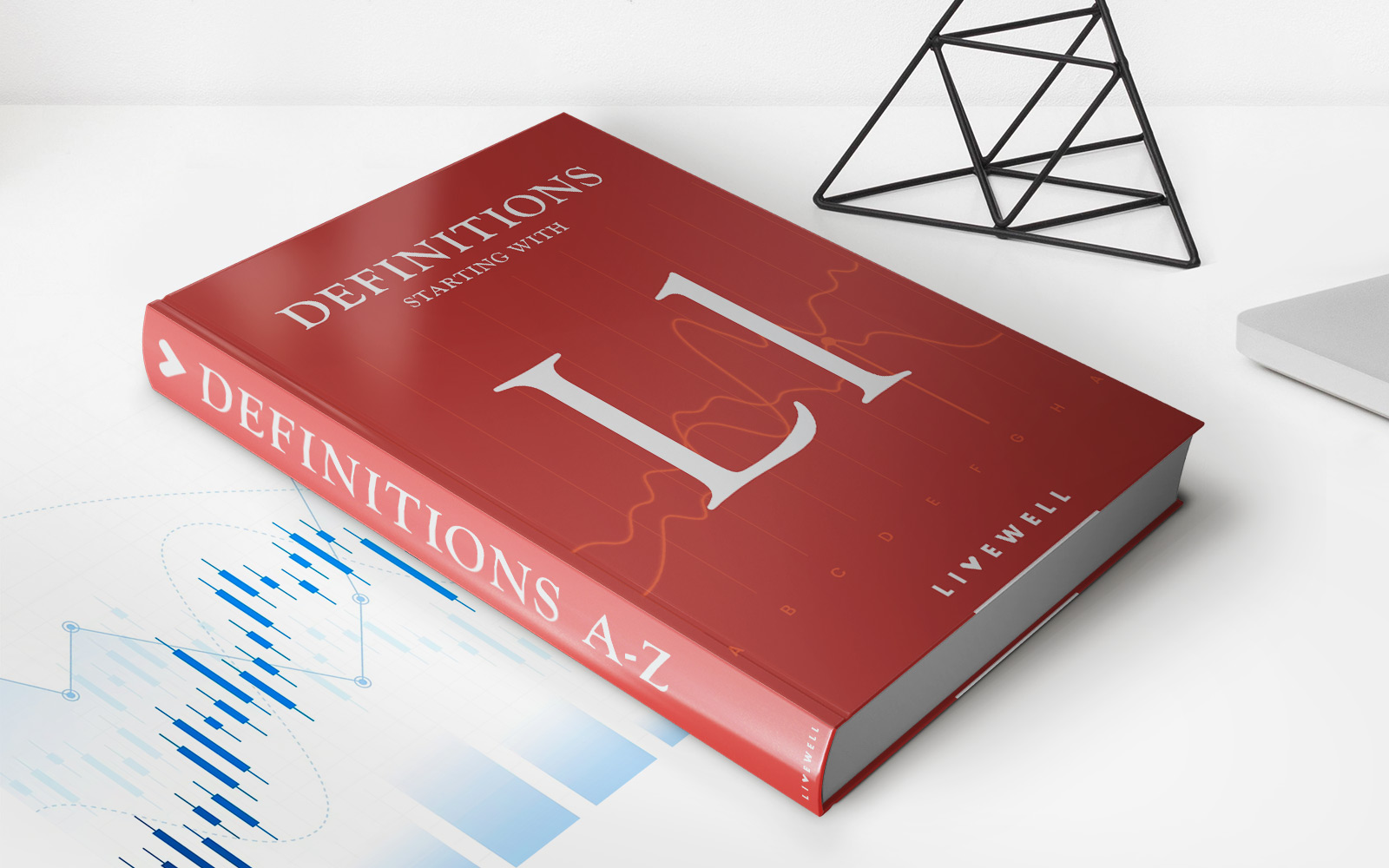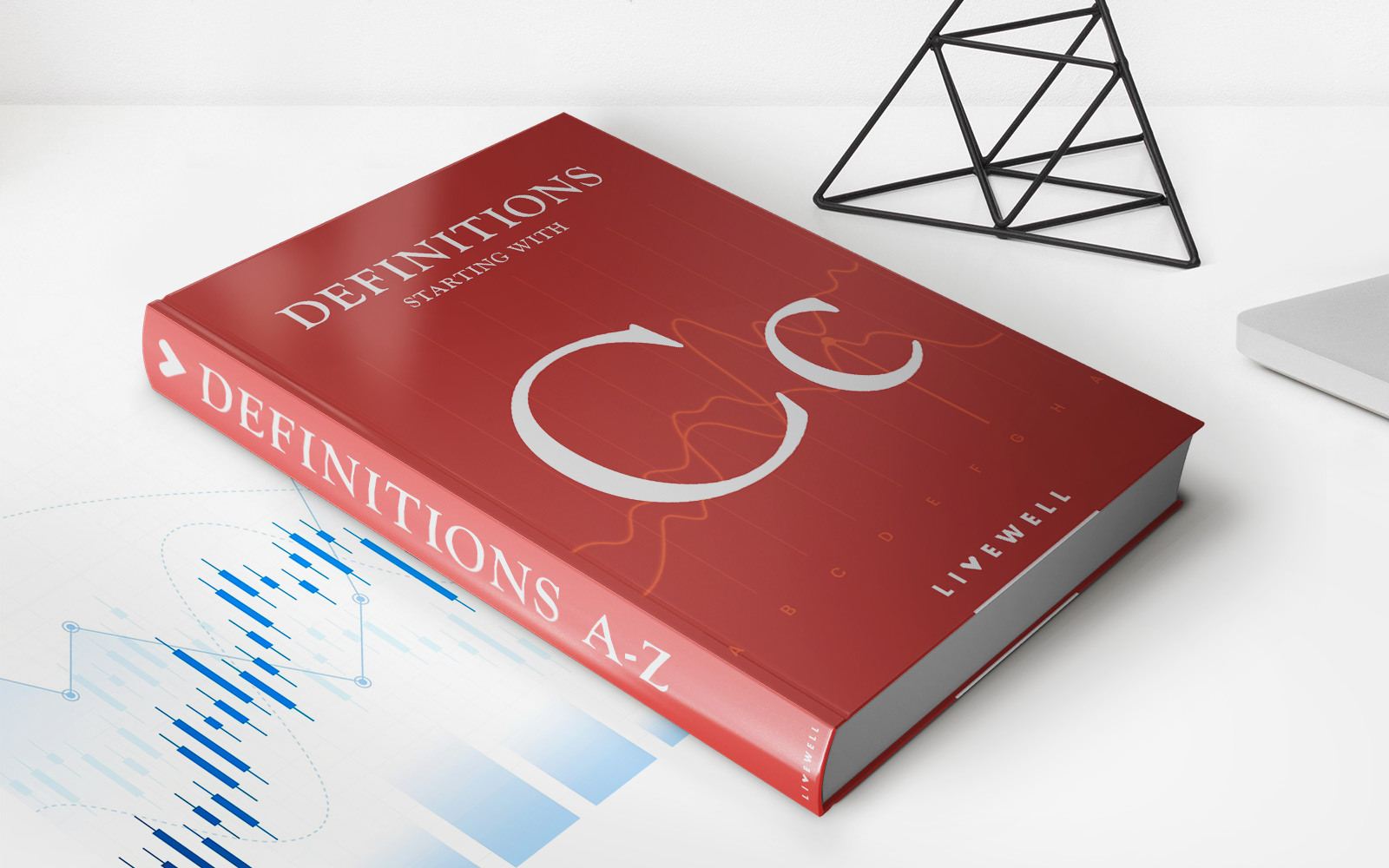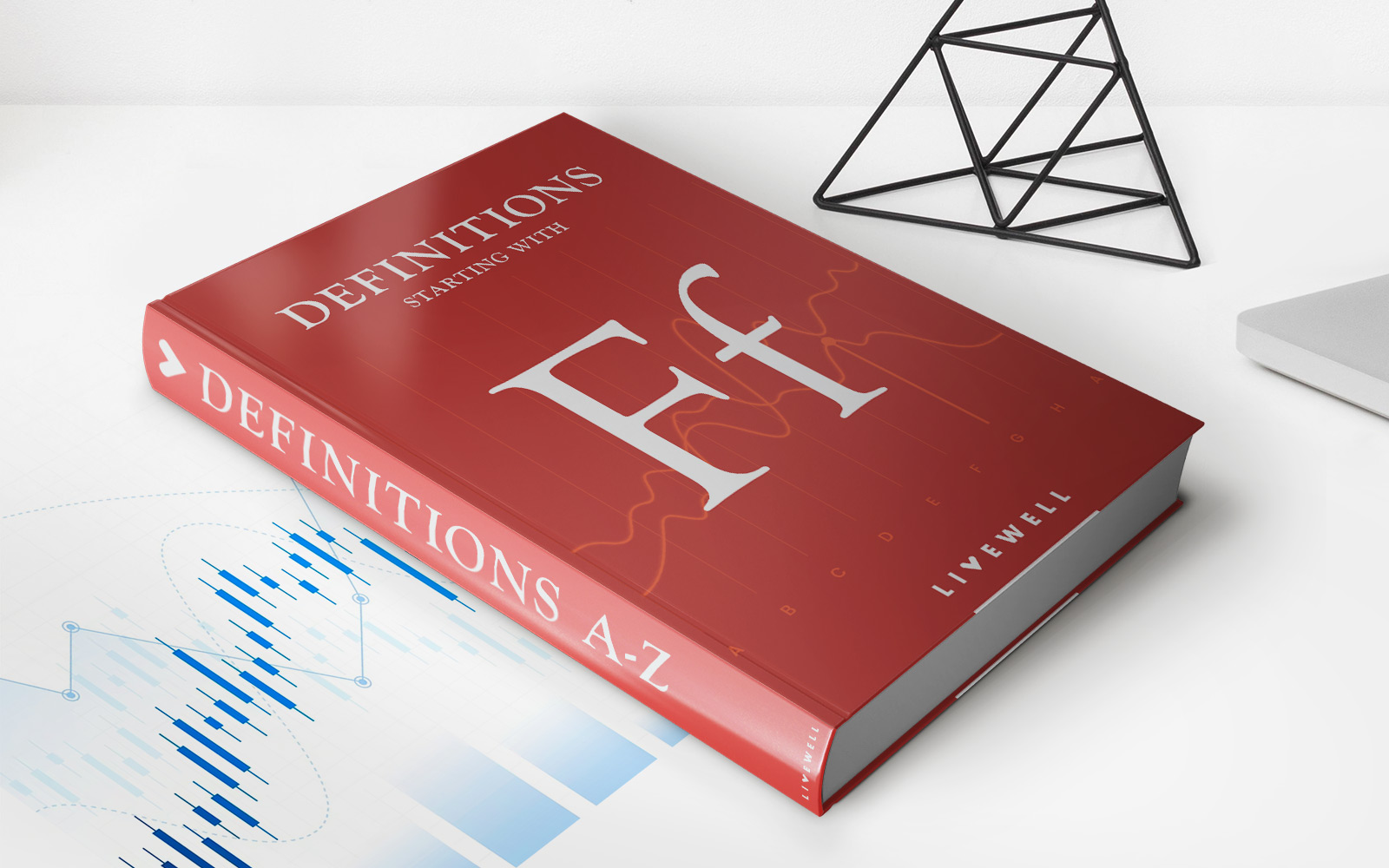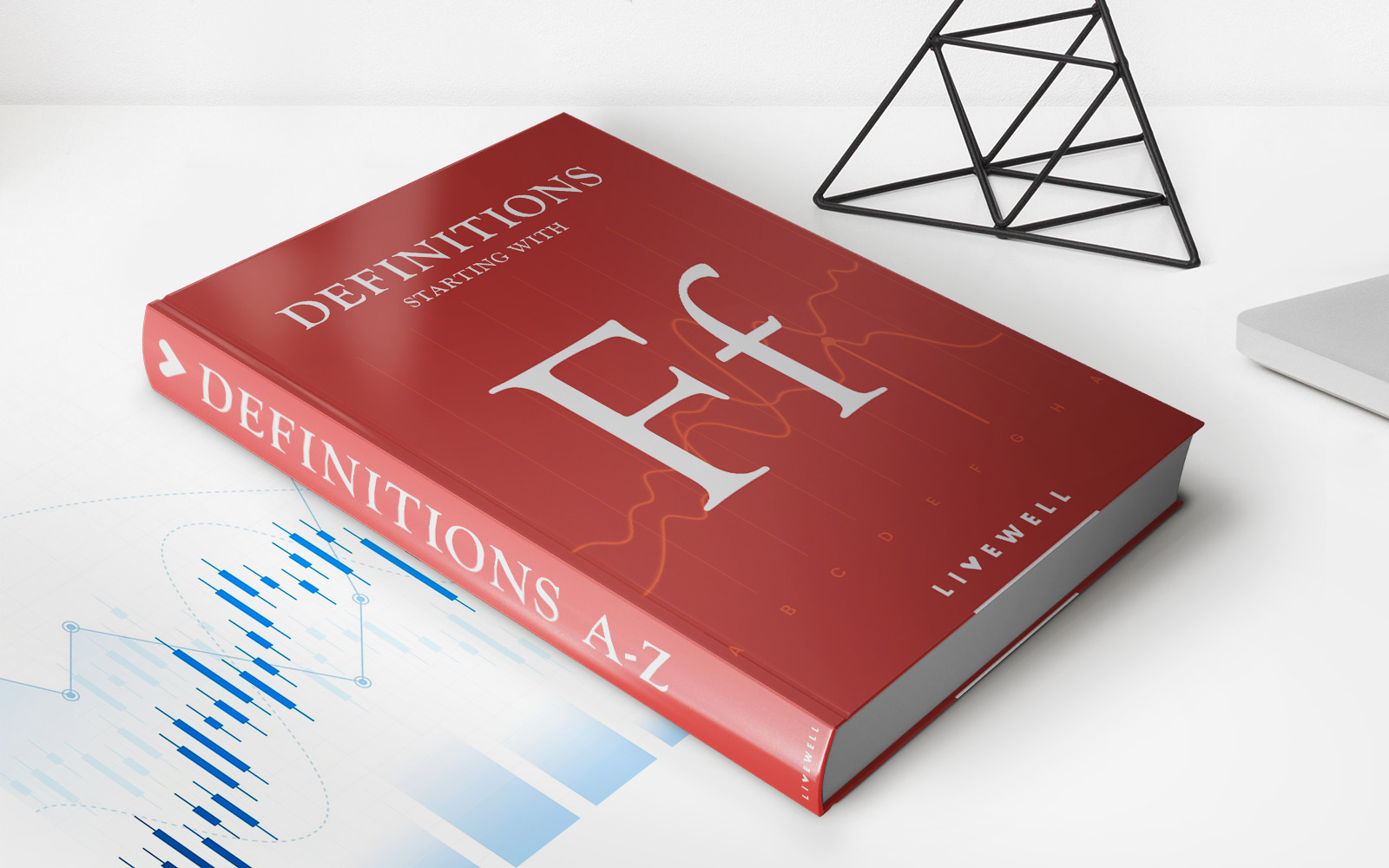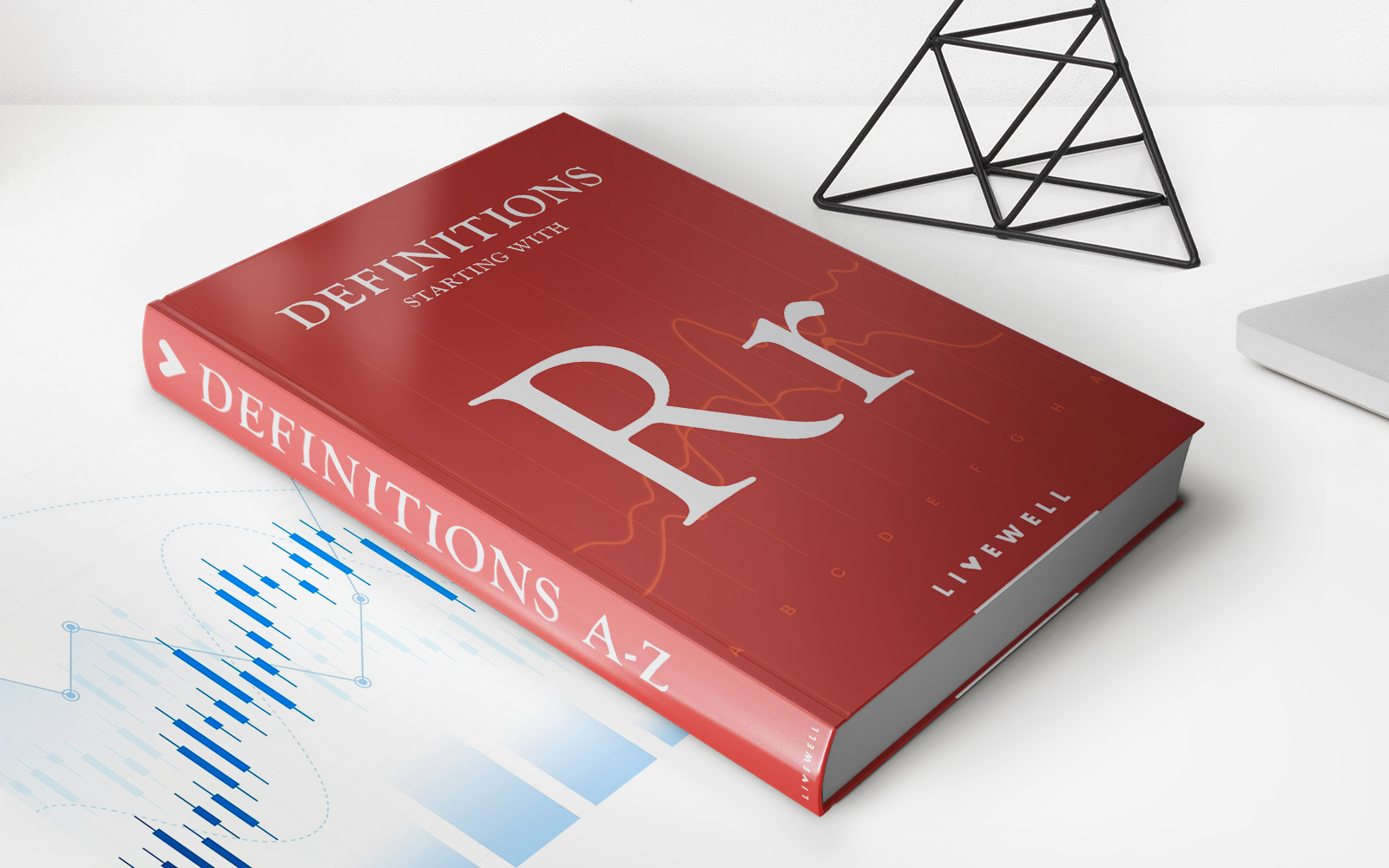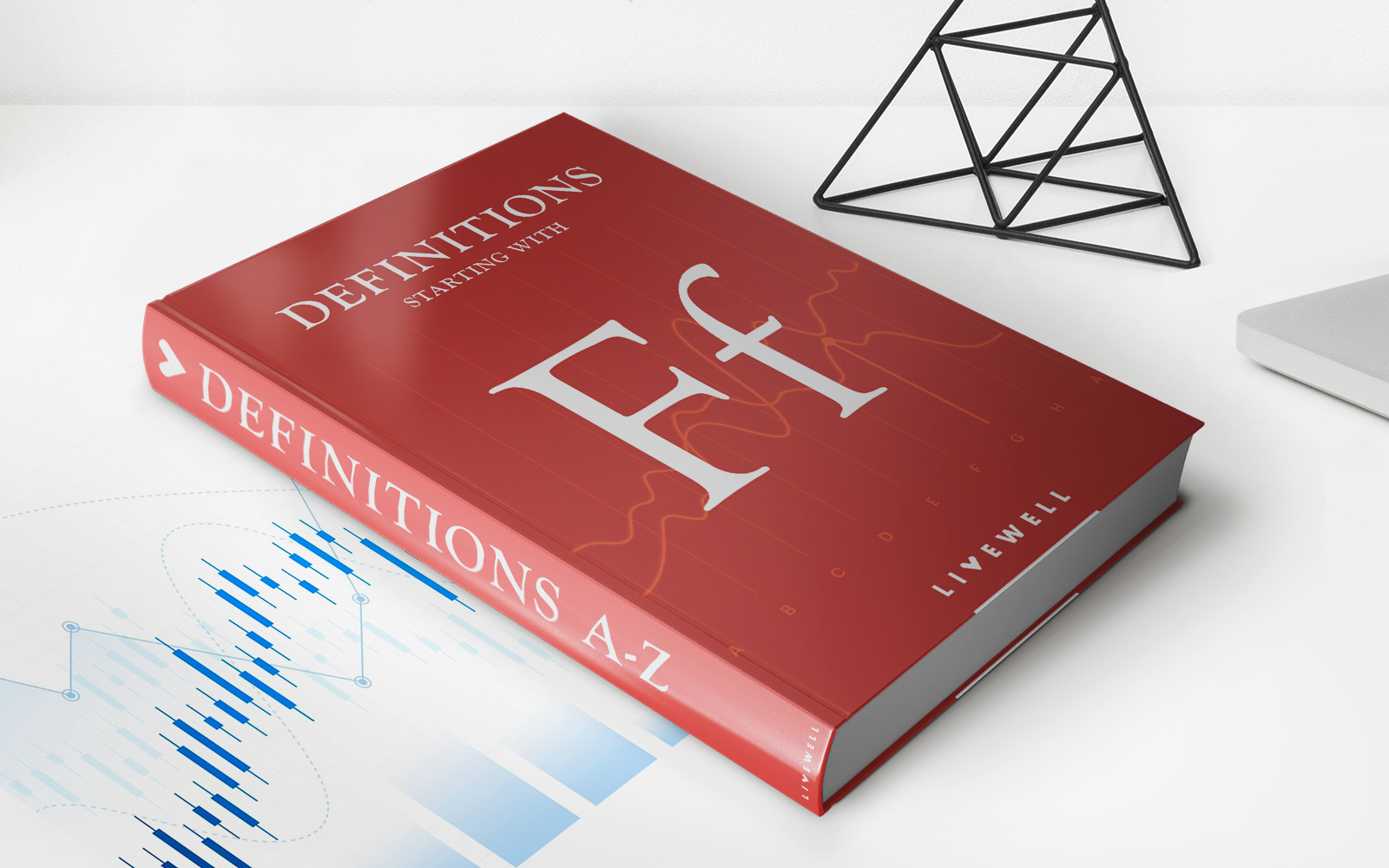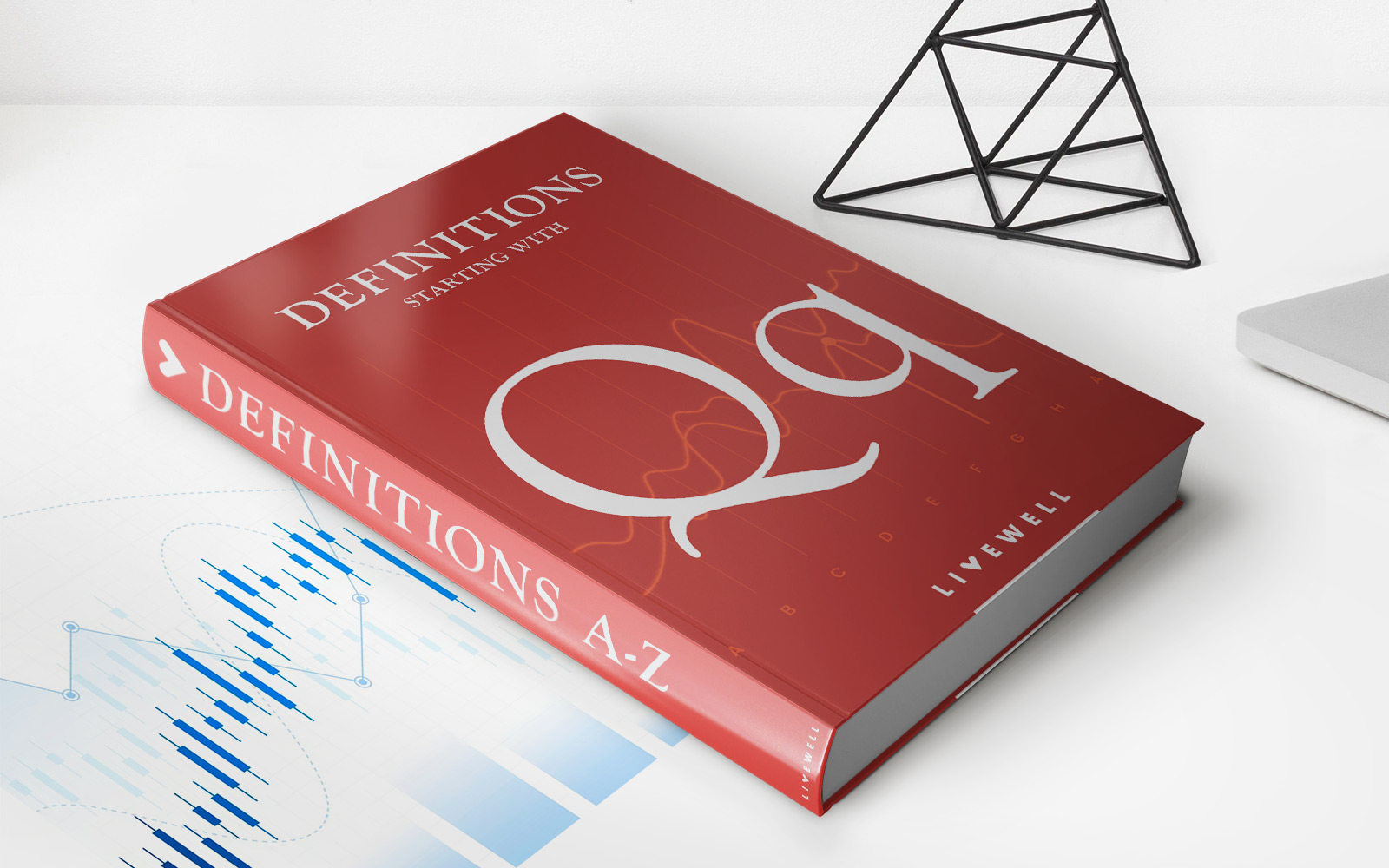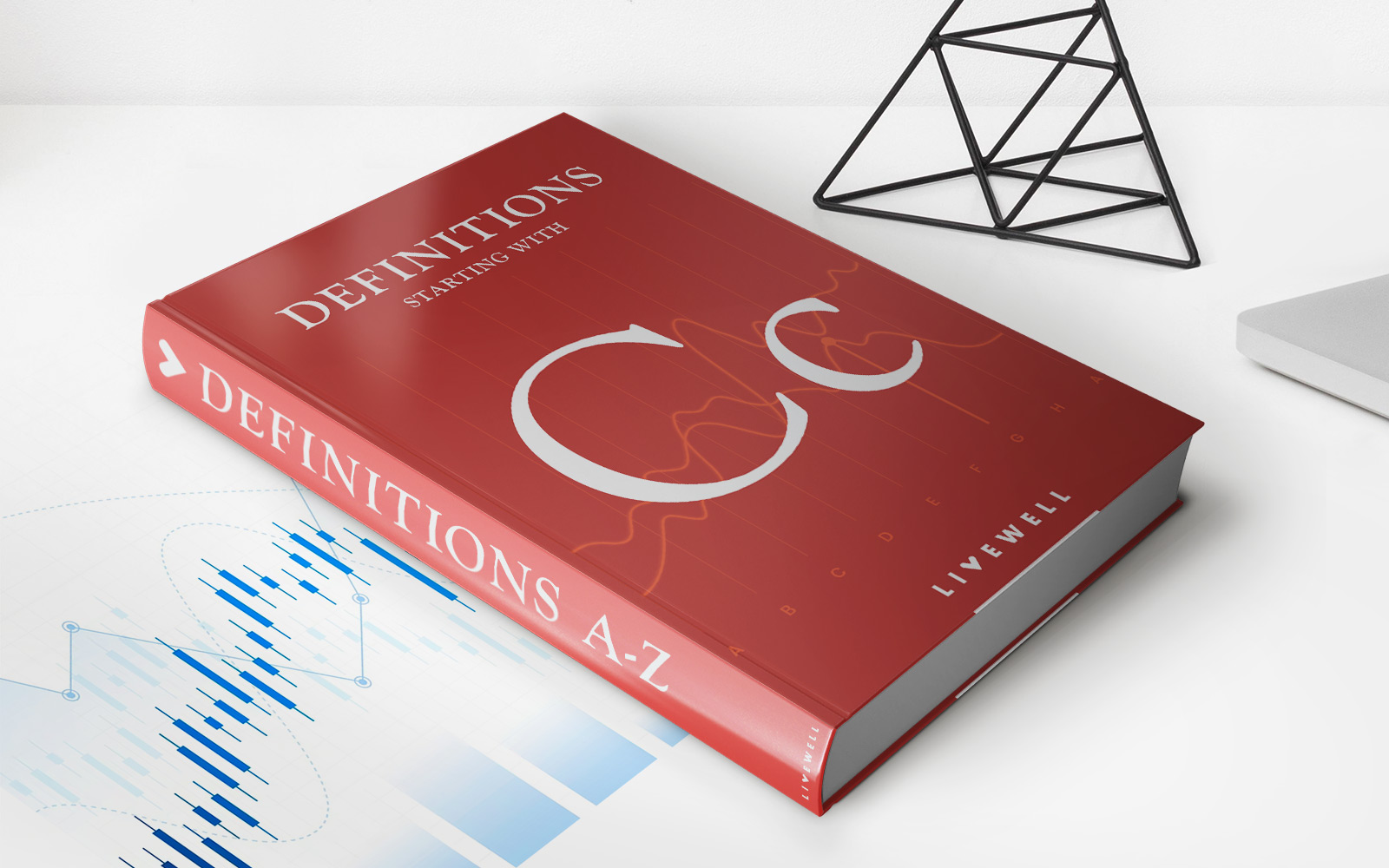Home>Finance>Eurodollar: Definition, Why It’s Important, And Example
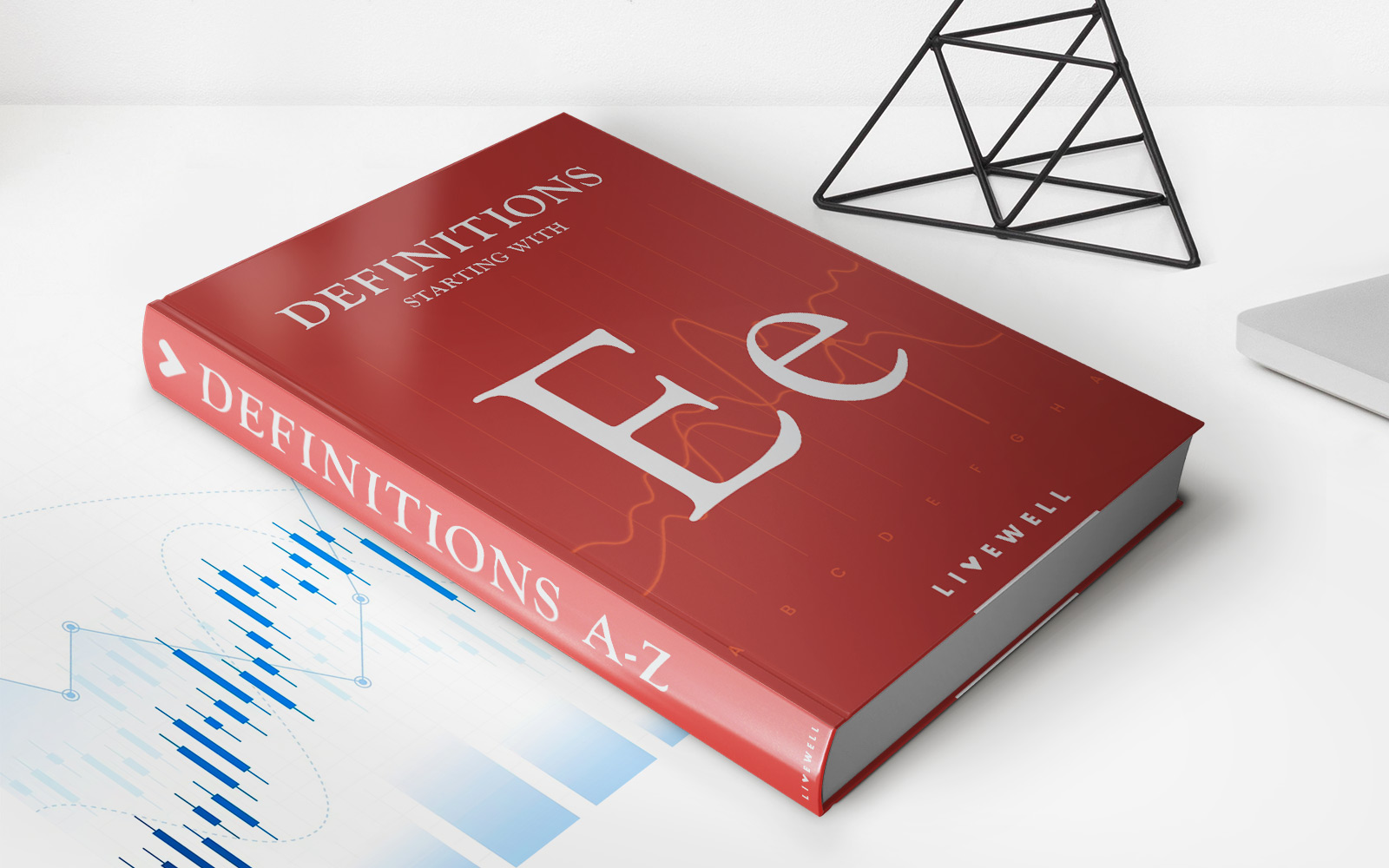

Finance
Eurodollar: Definition, Why It’s Important, And Example
Published: November 19, 2023
Learn the definition of Eurodollar, why it's crucial in finance, and explore a practical example. Enhance your understanding of FINANCE with this comprehensive guide.
(Many of the links in this article redirect to a specific reviewed product. Your purchase of these products through affiliate links helps to generate commission for LiveWell, at no extra cost. Learn more)
What is Eurodollar?
Have you ever wondered what Eurodollar is and why it’s important? In this article, we will dive into the definition of Eurodollar, explain its significance, and provide an example to enhance your understanding.
Key Takeaways:
- Eurodollar refers to US dollars deposited in banks outside the United States.
- It is an essential tool in international trade and helps facilitate financial transactions between countries.
Now, let’s explore Eurodollar in more detail.
Definition of Eurodollar
Eurodollar is not related to the European Union’s currency, the Euro. Instead, it refers to US dollars deposited in banks located outside the United States. These banks can be located in various countries, including but not limited to Europe.
Eurodollars originated in the 1950s when Soviet Union-owned banks faced restrictions on holding US dollars in American financial institutions. To work around these limitations, Soviet banks began depositing US dollars in European banks. These deposits later came to be known as Eurodollars.
The term “Eurodollar” has since expanded to include US dollar deposits held in banks worldwide, regardless of their physical location.
Why is Eurodollar Important?
Eurodollar plays a vital role in international finance and trade. Here’s why it’s important:
- Increases Global Liquidity: Eurodollars add liquidity to the global financial system, making it easier to facilitate cross-border transactions and trade between countries.
- Foreign Exchange Market: Eurodollars significantly impact the foreign exchange market. Traders and investors closely monitor Eurodollar activities to anticipate changes in exchange rates and make informed investment decisions.
Now, let’s take a look at an example to understand Eurodollars better.
Example of Eurodollar
Suppose you run a manufacturing company based in the United States, and you have a significant number of international suppliers. To pay your suppliers in their preferred currency, you hold a Eurodollar account to make seamless transactions without having to convert your US dollars into their respective currencies.
By using the Eurodollar account, you can efficiently manage your international payments, hedge currency risks, and benefit from the flexibility and convenience it offers.
Conclusion
Eurodollar, despite its misleading name, refers to US dollar deposits held in banks outside the United States. Its importance lies in its role in increasing global liquidity and influencing the foreign exchange market. Understanding Eurodollar is essential for individuals and businesses involved in international trade and finance.
